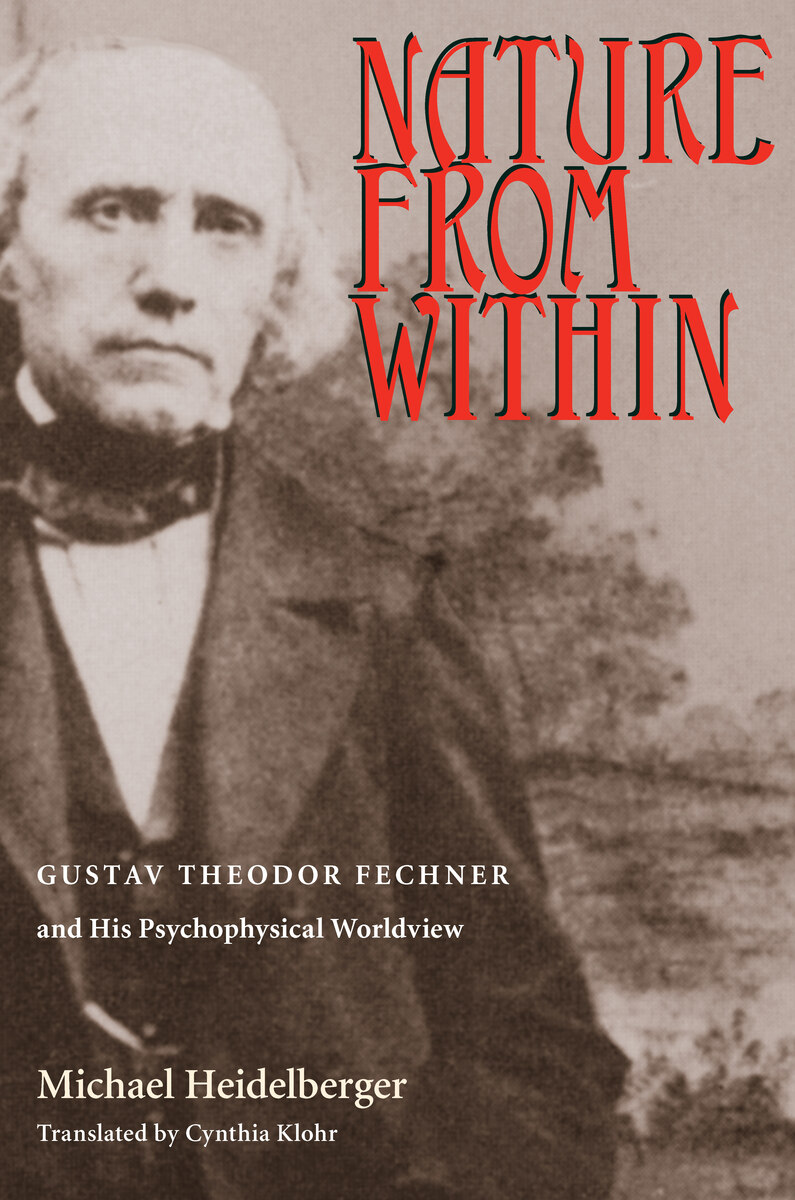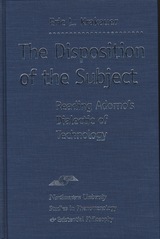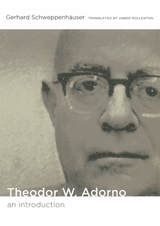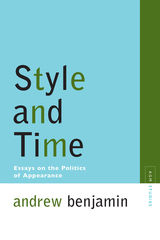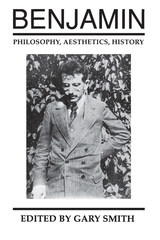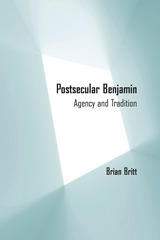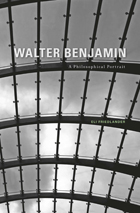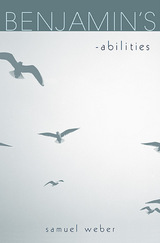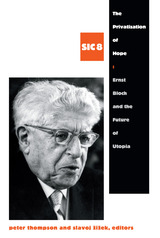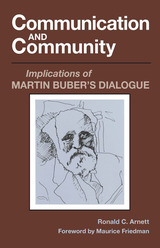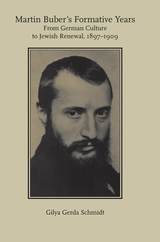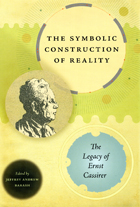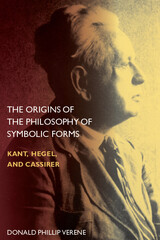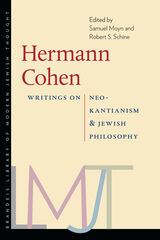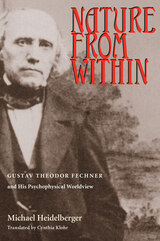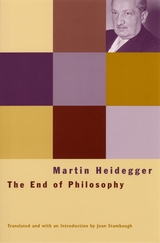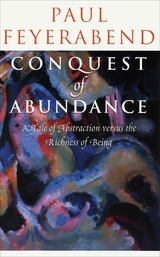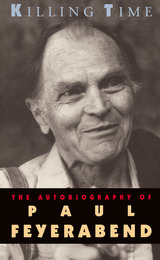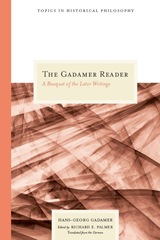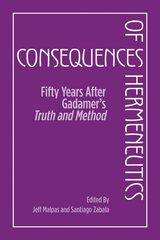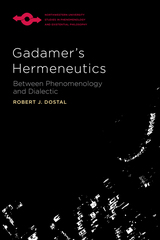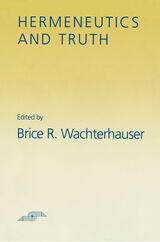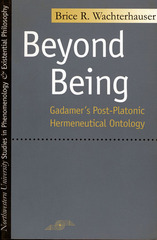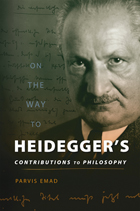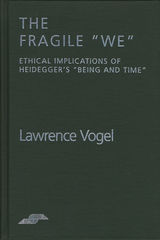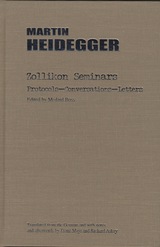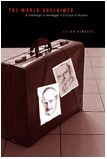Nature From Within: Gustav Theodor Fechner And His Psychophysical Worldview
University of Pittsburgh Press, 2004
Cloth: 978-0-8229-4210-8 | Paper: 978-0-8229-6547-3 | eISBN: 978-0-8229-7077-4
Library of Congress Classification B3237.H4513 2004
Dewey Decimal Classification 193
Cloth: 978-0-8229-4210-8 | Paper: 978-0-8229-6547-3 | eISBN: 978-0-8229-7077-4
Library of Congress Classification B3237.H4513 2004
Dewey Decimal Classification 193
ABOUT THIS BOOK | AUTHOR BIOGRAPHY | REVIEWS | TOC | REQUEST ACCESSIBLE FILE
ABOUT THIS BOOK
Gustav Theodor Fechner (1801-1887) was a German physicist, psychologist, and philosopher, best known to historians of science as the founder of psychophysics, the experimental study of the relation between mental and physical processes. Michael Heidelberger's exhaustive exploration of Fechner's writings, in relation to current issues in the field, successfully reestablishes Fechner's place in the history and philosophy of science.
See other books on: 1801-1887 | Nature | Philosophers | Philosophy & Social Aspects | Within
See other titles from University of Pittsburgh Press
